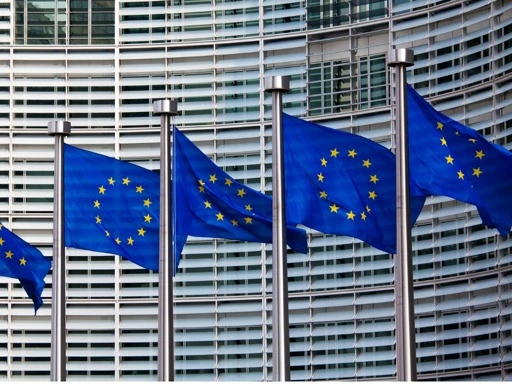EU Lawmakers Agree to New Rules Requiring Fashion Brands to Pay to Recycle Clothes, with Fees Based on the Products’ Circularity and Sustainability
EU Lawmakers Agree to New Rules Requiring Fashion Brands to Pay to Recycle Clothes, with Fees Based on the Products’ Circularity and Sustainability
EU Lawmakers Agree to New Rules Requiring Fashion Brands to Pay to Recycle Clothes - ESG Today

Lawmakers in the European Parliament and Council announced that they have reached a provisional agreement on a series of new measures aimed at preventing and reducing waste in the textile and food sectors, including rules that would require fashion brands to pay for the collection and recycling of their products, with fees based on the products’ circularity and sustainability.
The agreement follows the introduction by the European Commission of proposed revision of the EU’s Waste Framework Directive in July 2023. According to the Commission, the textile and food sectors are two of the top resource intensive sectors causing significant negative environmental externalities. The EU generates 12.6 million tonnes of textile waste per year, including 5.2 million tonnes of clothing and footwear, while only 22% of post-consumer textile waste is collected separately for re-use or recycling, with the remainder often landfilled or incinerated. Additionally, nearly 59 million tonnes of food are wasted in the EU each year with estimated market value of €132 billion.
Under the new agreement, EU countries will be required to establish extended producer responsibility (EPR) schemes, currently used to manage waste from packaging, batteries and electric and electronic equipment, to cover textile producers and fashion brands that make textiles available in an EU country. The EPR would require the companies to cover the costs for their collection, sorting and recycling of their products, with fees dependent on how circular and sustainable the design of their product is, including factors such as the length of use of textile products and their durability.
...